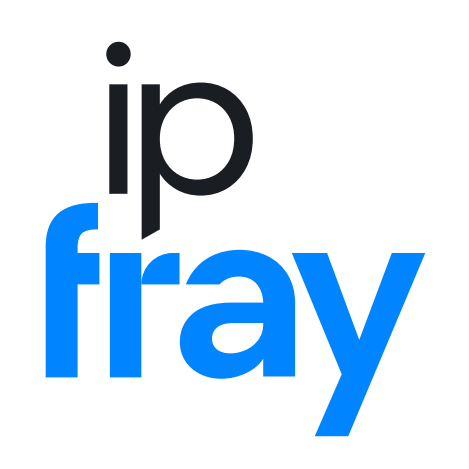Context: Both sides of the automotive standard-essential patent (SEP) licensing negotiation table are on the radar screens of the world’s antitrust regulators, but so far no one has run into any problems (June 14, 2024 ip fray article).
What’s new: Yesterday, Michael Ma, the editor-in-chief of PRIP, broke the news of China’s State Administration for Market Regulation (SAMR) having sent a “reminder and urging letter” to the Avanci patent pool firm (June 27, 2024 LinkedIn post by Mr. Ma). Today, Avanci published a Chinese statement on its WeChat channel according to which the company is “pleased with the positive communication from SAMR regarding [its] licensing solution for automakers in China.”
Direct impact & wider ramifications: There are no signs of SAMR having any structural or behavioral concerns over Avanci’s business model. Obviously, market regulation does not mean micromanagement or price-setting. The key question is whether the transactional efficiencies resulting from joint licensing are gained without harming the competitive process. A purely optional licensing program (Avanci’s licensors are still allowed to, and indeed do, engage in bilateral license deals) creates another option that would otherwise not exist.
Here’s an English translation of Avanci’s Chinese statement:
“We are pleased with the positive communication from SAMR regarding Avanci’s licensing solution for automotive OEMs in China. SAMR has provided guidance for joint licensing that is similar to what other antitrust authorities have established. We appreciate the valuable engagement with SAMR. We are confident that we fully comply with China’s antimonopoly law, as well as the antitrust laws of other jurisdictions. As a global and independent provider of optional patent licensing solutions, we are committed to helping Chinese automakers increase their global competitiveness and supporting Chinese patent owners to promote patented technologies to the world, while at the same time promoting a level playing field with global peers. Avanci is well placed to help Chinese automakers gain access to all the essential patents that enable cellular connectivity in their vehicles, while ensuring that the work of thousands of inventors is recognized and rewarded around the world. We look forward to continuing our discussions with Chinese automakers.”
This statement must been read against the background of major Chinese companies such as Huawei, ZTE, OPPO (at least with respect to 4G), China Telecom and Datang being Avanci licensors. It’s hard to imagine that all those major Chinese companies would participate in a licensing platform that violates Chinese competition law.
Therefore, ip fray believes the appropriate operating assumption is that this letter, without more, is nothing but reassuring. It’s presumably more like a business review letter in the U.S. or Commission guidelines in the EU than a Statement of Objections.
There are rules that pools must follow. That appears to be the message.
Avanci’s 4G program has licensed virtually every automaker in the world except some Chinese ones, and Avanci 5G may have licensed more or less every automaker in the world making 5G cars at this stage (with Tesla having launched litigation against Avanvi 5G prior to making 5G cars) except some Chinese ones. Meanwhile, Nokia announced a license deal with a Chinese car maker, but no one knows which one that is. The question is now when Avanci will sign its first license deal with a Chinese automaker, but the last sentence of Avanci’s statement refers to continued “discussions with Chinese automakers,” suggesting that license deals are being negotiated as we speak.
